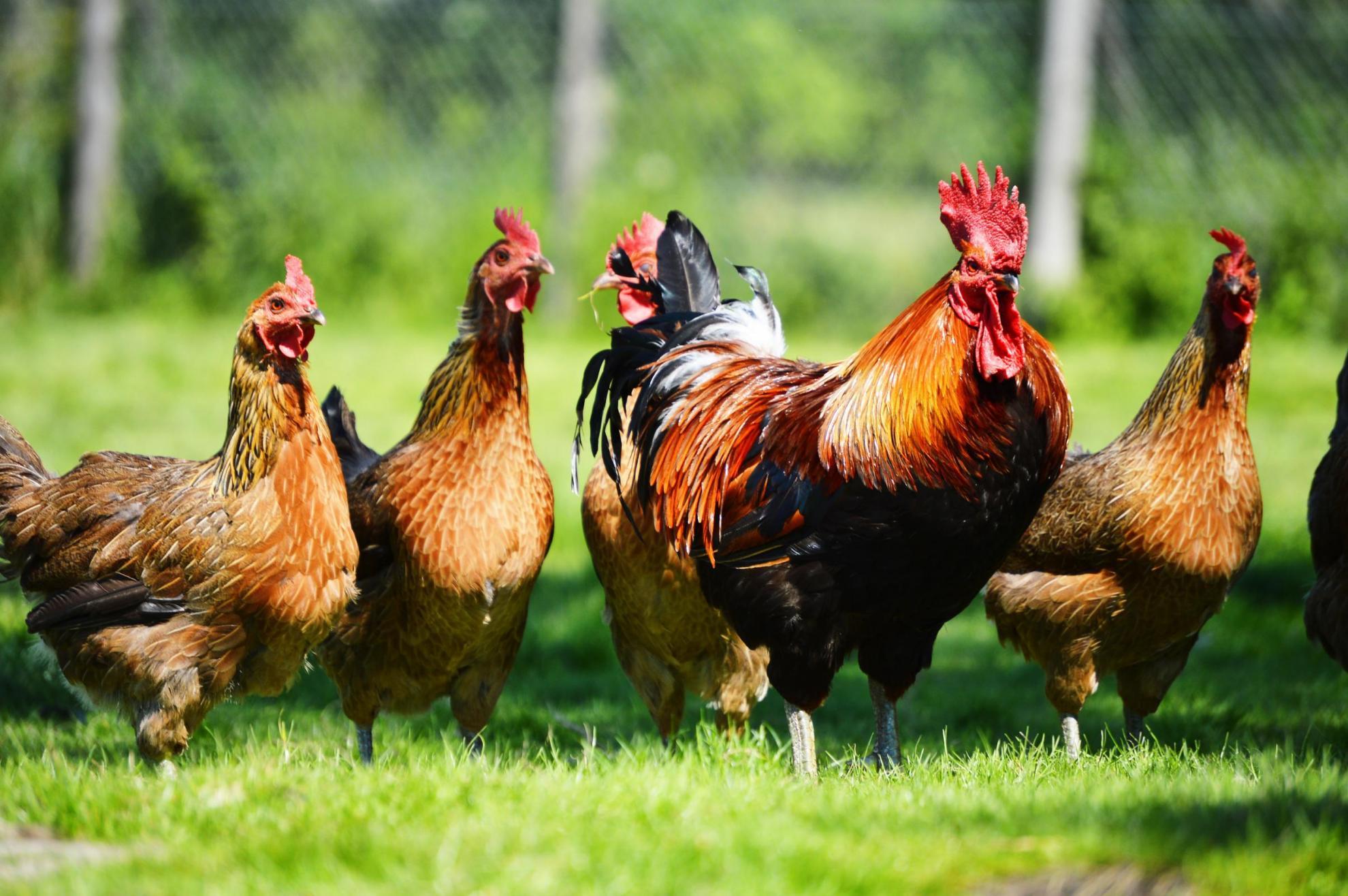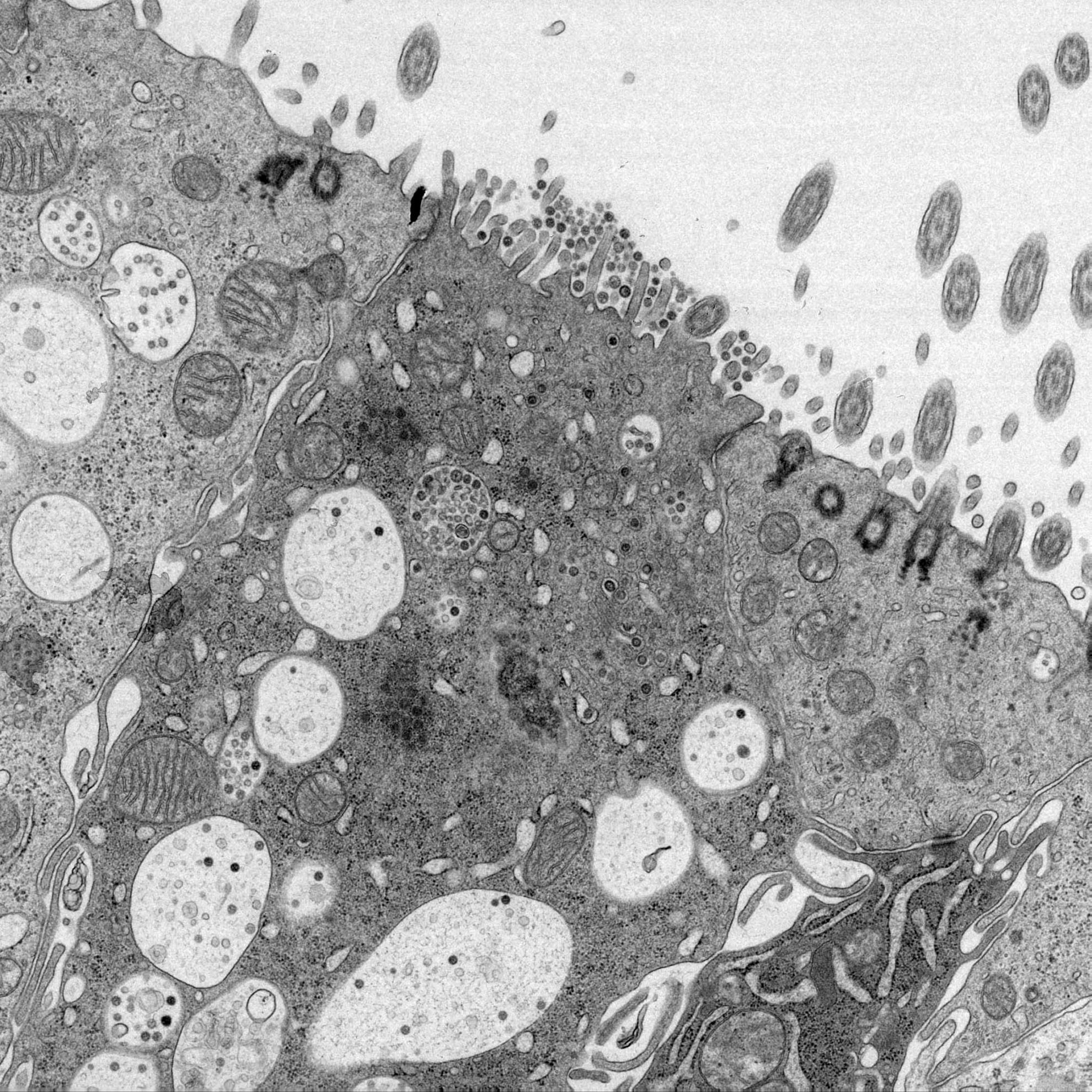Safety and efficacy of an infectious bronchitis virus used for chicken embryo vaccination
Commercial vaccines for in ovo vaccination have not yet been developed for infectious bronchitis virus (IBV), the major coronavirus in the poultry industry. Recombinant IBVs based on the Beaudette strain expressing the Beaudette spike protein (Beau-R) or that from the virulent M41 strain (BeauR-M41(S)) were assessed for their potential as prototype vaccines for application to 18-day-old embryos. Pathogenicity was assessed by observing the effect on hatchability, and/or the production of nasal discharge and/or the effects on ciliary activity in the trachea at various time points post hatch. In contrast to commercial IBV vaccines given in ovo, the Beau-R and BeauR-M41(S) strains did not reduce hatchability or cause nasal discharge, and caused minimal damage to the ciliated epithelium of the trachea. The presence of the spike protein from a virulent virus did not increase the pathogenicity of the virus according to the criteria used. Assessment of the BeauR-M41(S) strain for efficacy showed that it protected up to 90% of chicks against challenge with virulent IB virus (M41) in a dose dependent manner. Further egg passage of the BeauR-M41(S) strain (BeauR-M41(S) EP10) did not increase its pathogenicity though it did improve its efficacy, based on serology and protection against a virulent challenge. BeauR-M41(S) EP10 was more efficacious than BeauR-M41(S) protecting more birds against virulent challenge and providing a better serological antibody response. BeauR-M41(S) EP10 induced a serological response similar to that of a commercial vaccine given at day-old though the commercial vaccine provided slightly higher efficacy. These results are promising for the development of embryo safe efficacious IBV vaccines for in ovo application.
Back to publications

